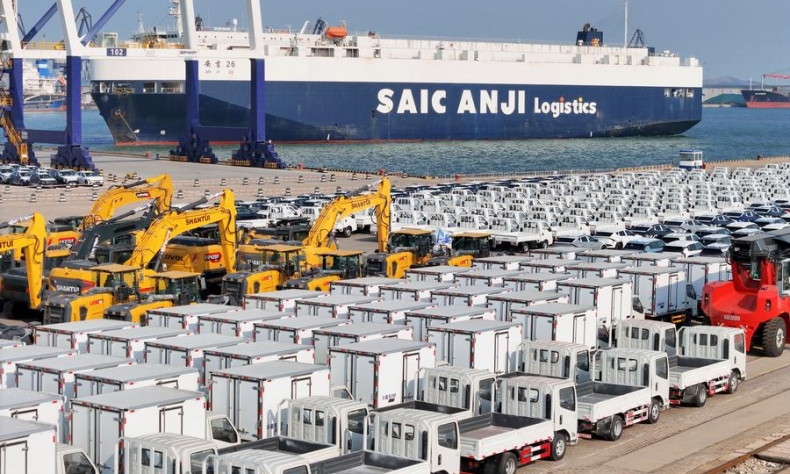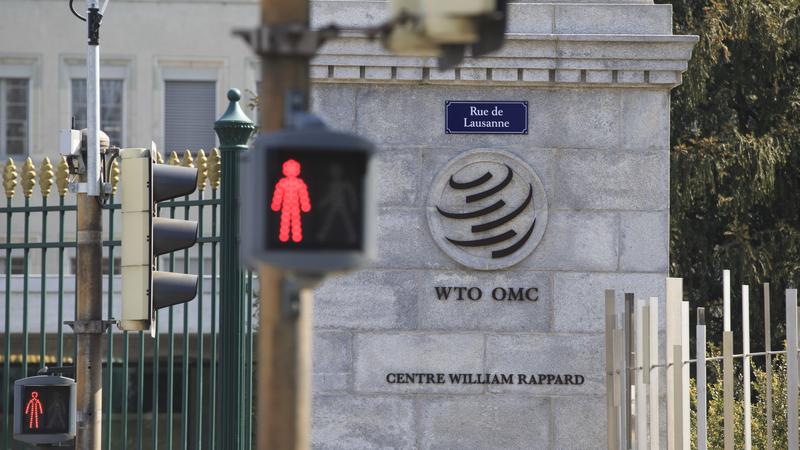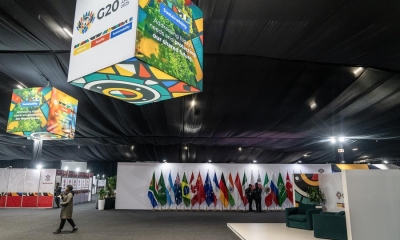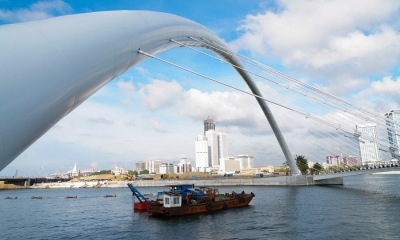Tariff Wars and Double Standards Are Threatening Global Economy

To preserve and strengthen the multilateral trading system, urgent reform is needed. Multilateral cooperation must be revitalized to reflect the realities of the 21st-century economy.
The multilateral trading system refers to the global framework of rules and institutions that govern international trade, primarily under the World Trade Organization (WTO). It represents a collective effort by governments to create a non-discriminate, stable, predictable, and transparent global business environment.
Established in 1995, the WTO plays a central role in regulating international trade. Its primary goal is to promote and stabilize global commerce by setting trade rules, standards and providing mechanisms to resolve disputes between countries. The WTO’s formation marked the most significant reform in international trade since World War II.
Within the WTO framework, when countries commit to opening their markets to goods or services, these commitments are legally binding. For goods, this often takes the form of “ceiling” tariffs, which set maximum allowable tariff rates.
The WTO’s agreements are comprehensive legal texts covering a broad range of trade-related activities, including goods, services, and intellectual property. While complex, these agreements are based on a few fundamental principles such as non-discrimination, transparency, and reciprocity, which uphold the multilateral trading system.
An open, rules-based multilateral trading system is essential for global economic growth. By reducing trade barriers and ensuring fair competition, it facilitates access to wider markets, promotes investment, encourages innovation, and enhances efficiency. These dynamics create high-quality jobs, especially in developing economies, and contribute to poverty reduction by raising incomes, lowering consumer prices, and improving access to essential goods and services.

Despite its benefits, the multilateral trading system faces growing challenges. In recent years, trade-restrictive measures have risen significantly. Countries impose such measures for various reasons: protecting domestic industries, preserving jobs, addressing trade imbalances, national security, and political or diplomatic leverage.
These restrictions have broad negative impacts, especially on developing countries. They reduce market access, raise costs, disrupt supply chains, deter investment, and exacerbate inequality. Increasingly, developed nations are using trade barriers and sanctions as tools of foreign policy, often constraining developing nations’ efforts to integrate into global markets which is key to achieving the Sustainable Development Goals (SDGs).
Sanctions and embargoes, frequently justified on pretext, such as geopolitical tensions, human rights violations, or undemocratic regimes, limit access to markets, technologies, and financial systems. These tools often protect developed economies from rising competition from the Global South, while publicly framed as promoting global norms.
Historically, developed countries have been the principal beneficiaries of the multilateral trading system. With greater negotiating power and resources, they have shaped trade rules to reflect their strategic interests. They advocate for liberalization in areas where they have an advantage, such as financial services, digital technologies, and intellectual property while protecting sensitive sectors like agriculture through subsidies and non-tariff barriers.
Additionally, developed nations have used trade agreements to enforce strict intellectual property protections, creating monopolies that generate long-term profits. Through multilateral trade, they have also secured access to cheap raw materials and outsourced labour-intensive manufacturing to reduce production costs.
While promoting safety, labour, and environmental standards is important, these are sometimes used as disguised trade barriers against developing countries. When exports from the Global South begin to threaten domestic industries in developed countries, such standards may be strategically enforced to restrict competition.

U.S. President Donald Trump’s tariffs represent a significant destruction to the global rules-based trading system, signalling a major shift after decades of multilateral trade liberalization that had brought tariffs to near-historic lows. The imposition of tariffs on a wide range of imports from steel and aluminium to consumer goods departed sharply from America’s traditional role as a champion of open markets and free trade.
These measures, framed as efforts to protect American industries and address trade imbalances, sparked retaliation from major trading partners, escalating tensions and leading to what many described as trade wars. The ripple effects were felt globally, disrupting supply chains, raising costs for businesses and consumers, and creating uncertainty in international markets.
More broadly, the Trump administration’s protectionist stance challenges the authority and relevance of institutions like the WTO, casting doubt on the future of a cooperative, rules-based international trade framework. This marked a critical point in global economic policy, with long-term implications for how nations engage in trade and economic diplomacy.
The traditional North-South economic hierarchy is being challenged. Developing nations are increasingly advancing in high-tech industries like AI, 5G, semiconductors, renewable energy, and electric vehicles. Countries such as China, India, Brazil, and Vietnam are making significant strides, reshaping global value chains.
In response, developed countries are deploying tactics such as unilateral tariffs, accusations of IP theft, anti-dumping duties, and claims of lax labour or environmental standards. These actions, often outside WTO mechanisms, can be perceived as attempts to curb the technological rise and economic competitiveness of developing nations.
This growing use of unilateral trade measures undermines global trust, despise multilateral frameworks, and risks fragmenting the global economy into competing blocs. It also reinforces inequalities and limits developing countries’ ability to benefit fully from global trade.
Some western countries often portray themselves as champions of fair trade, yet their use of unilateral tariffs against developing nations exposes a clear double standard. The Global South is increasingly aware of these contradictions, and this awareness is fostering greater unity and cooperation among developing nations in response.
To preserve and strengthen the multilateral trading system, urgent reform is needed. Multilateral cooperation must be revitalized to reflect the realities of the 21st-century economy. This includes ensuring fairer representation for developing nations, addressing environmental and labour concerns, and enabling inclusive growth.
Developing countries, empowered by their growing economic influence, are poised to reshape global trade rules toward more balanced and equitable outcomes. Ensuring that the multilateral system delivers mutual benefits is essential for a stable, prosperous, and sustainable global economy.
The article reflects the author’s opinions, and not necessarily the views of China Focus.
 Facebook
Facebook
 Twitter
Twitter
 Linkedin
Linkedin
 Google +
Google +







